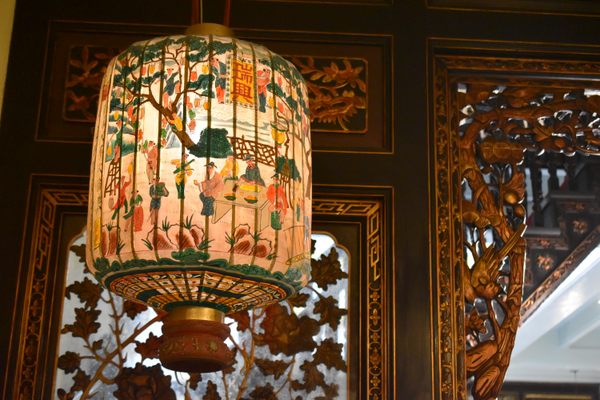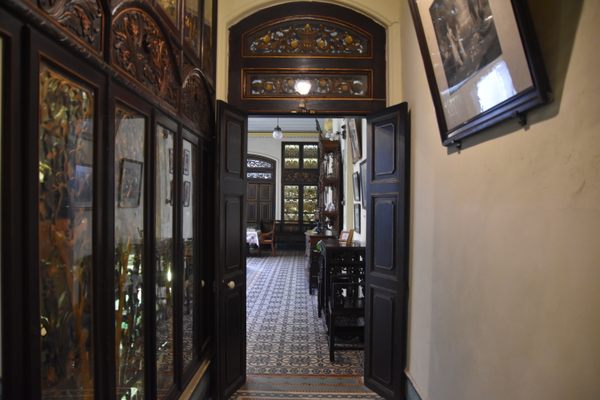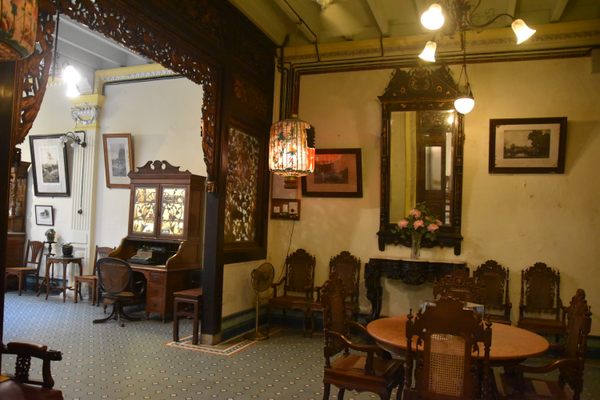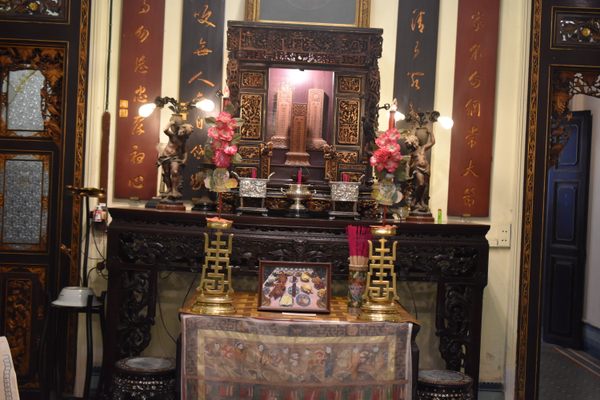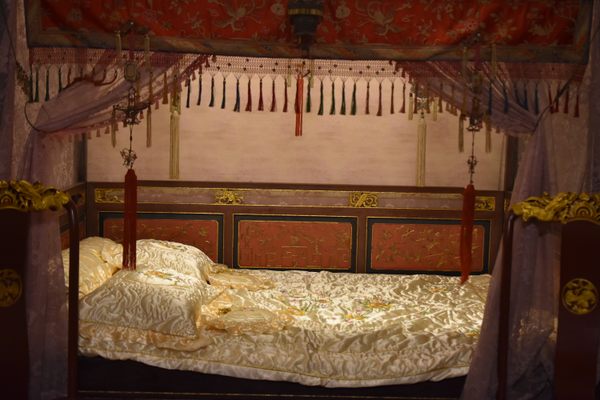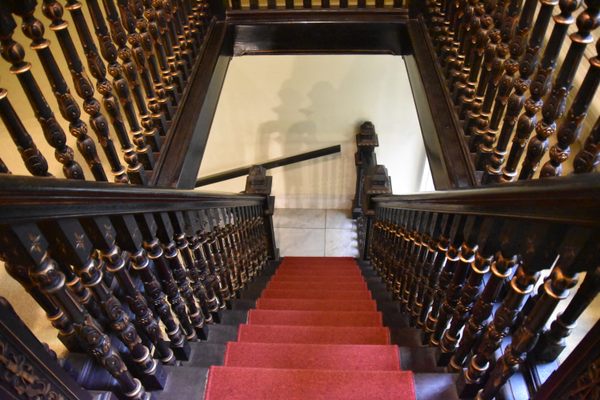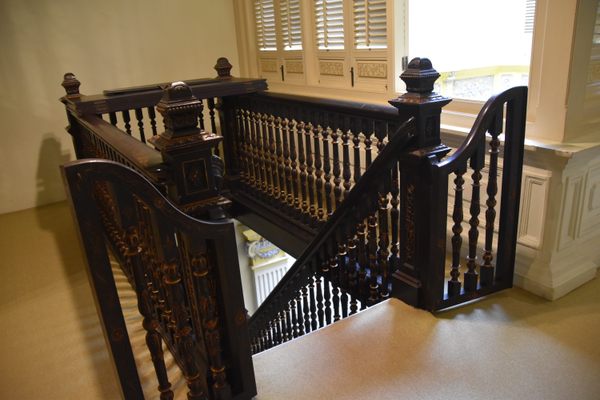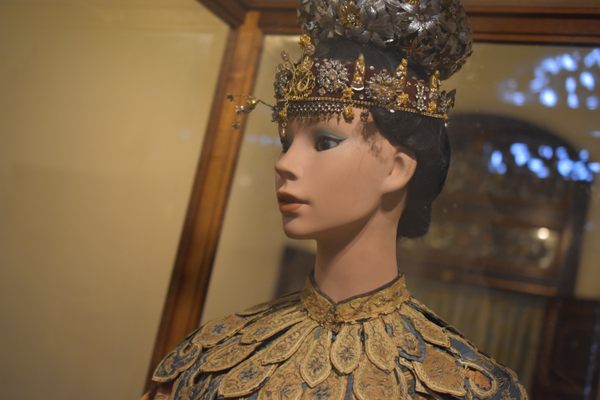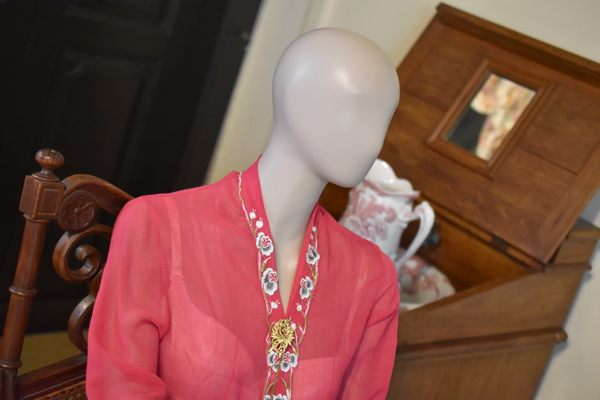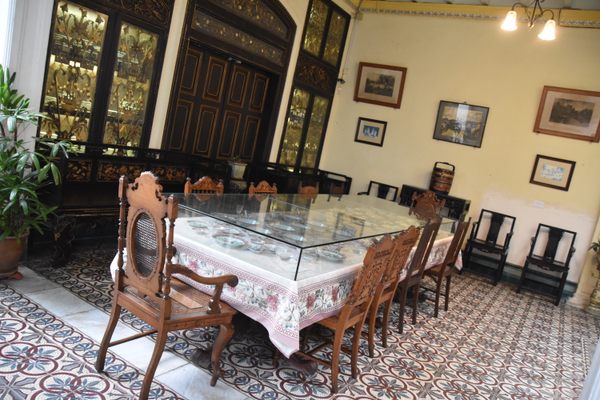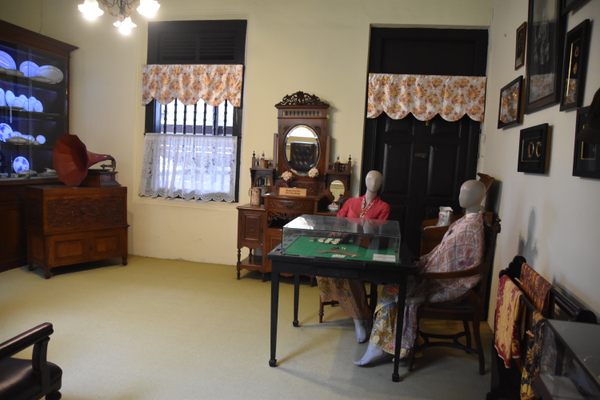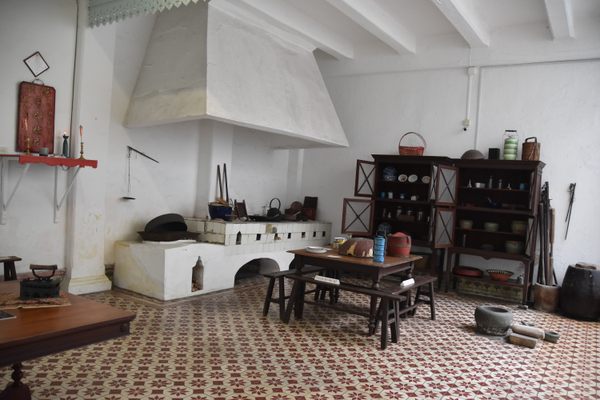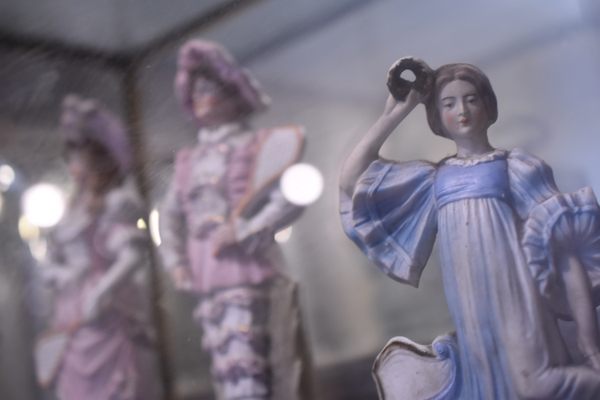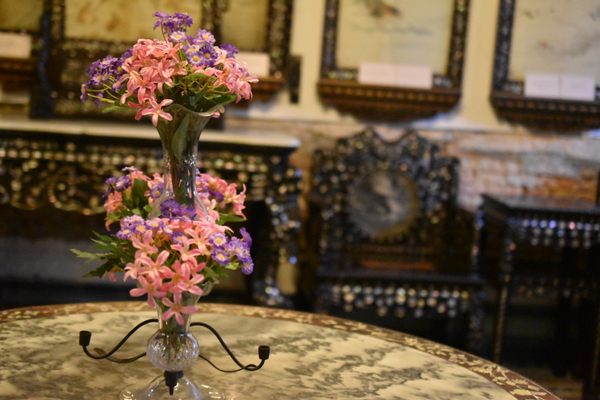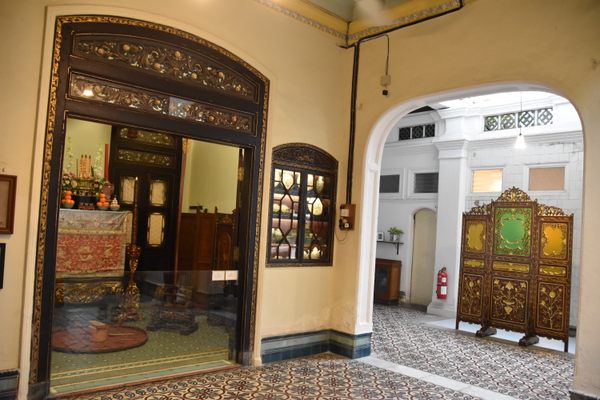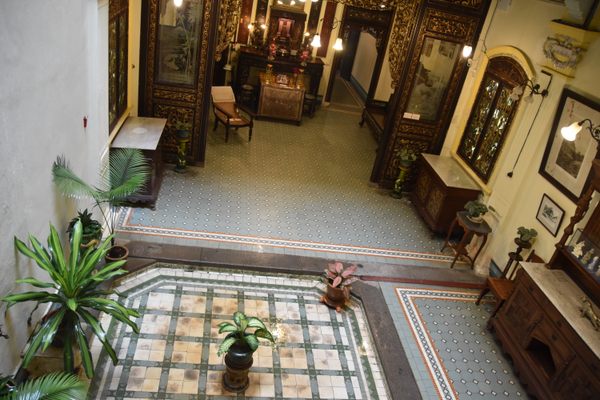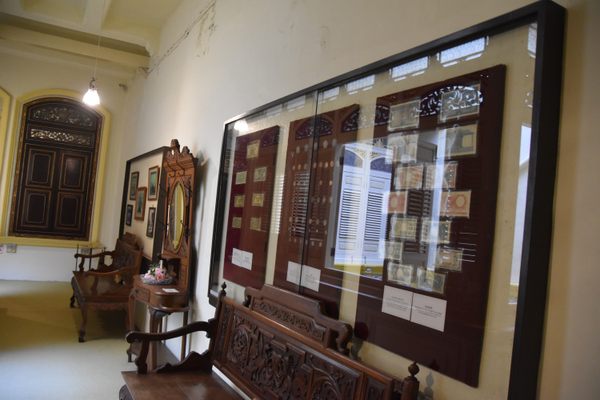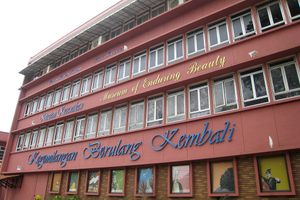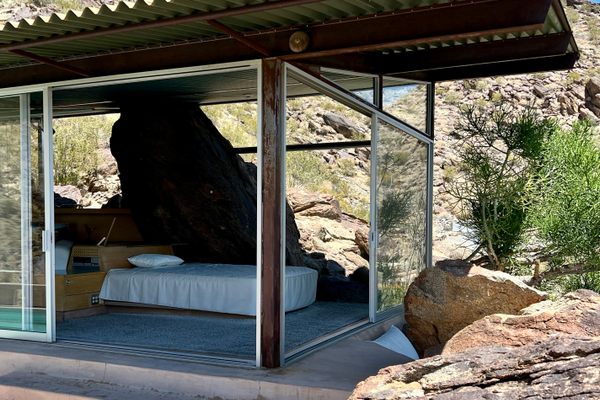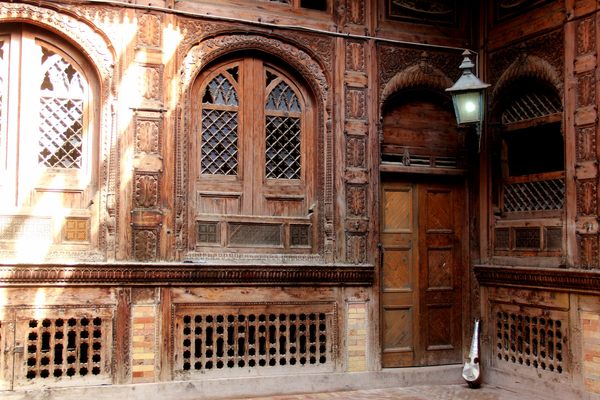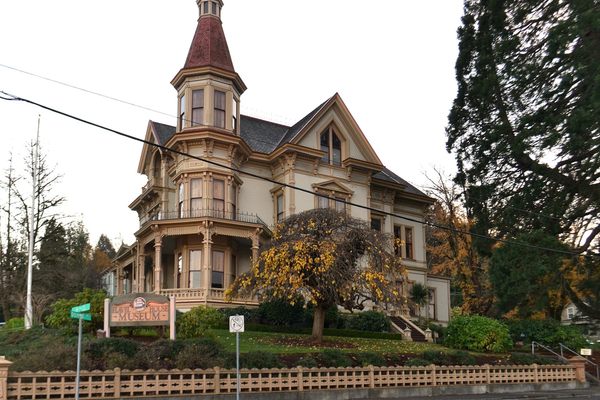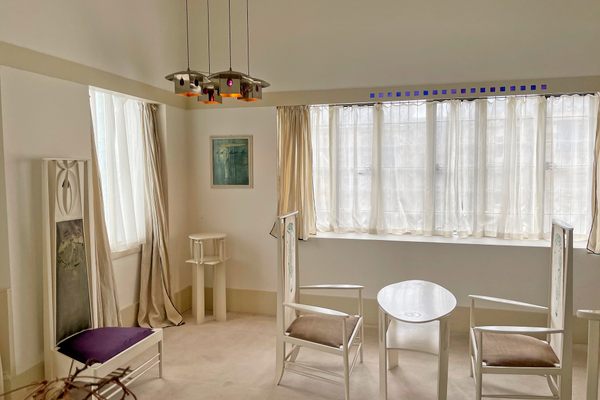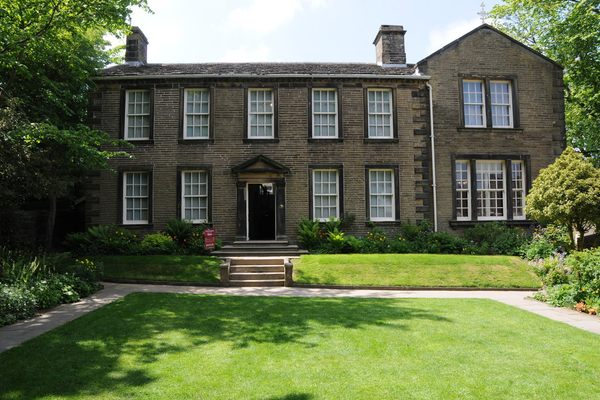About
The Peranakans, also known as the Baba-Nyonya in the Malay Peninsula, are descendants of the first-wave Southern Chinese settlers in Southeast Asia. Their culture, now endangered, is prevalent in the old streets of Malacca—the port city that once flourished from foreign trade.
Located on Jalan Tun Tan Cheng Lock, the Baba & Nyonya Heritage Museum is housed in a preserved two-story Peranakan mansion built in 1861 for the wealthy Chan family. Since its public opening in March 1985, it has been run by their descendants and showcases the lavish lifestyle of the Baba-Nyonya in their heyday.
Inside, the rooms are gorgeously furnished in the style of the late 19th century, highlighted throughout with gold leaf carvings of vines and auspicious birds. It adds to the place an almost palatial feel, along with the paper lanterns, porcelain dolls, and antique thingamabobs.
Tradition has it that the heart of a Peranakan house lies in its kitchen. The women of the Chan household spent much of their time here, sometimes catching up with the latest gossip in the local dialect called Baba Malay. Today, it is maintained in a state as it would have been back in the day, with blue-and-white ceramic dishes laid out on the long table in the adjoining western-style dining room.
The farthest the Chan family women could venture without the accompaniment of a man—within their own house, that is—was the so-called Dark Hall, adjacent to the grand reception hall. Diving the two halls is a wooden screen with slits, from which the women could take a peek at the visitors.
On the upper floor is the Wedding Room, where the patriarch of the Chan family and his wife once slept in. Wedding garments are displayed on mannequins and preserved in glass cases today. Other everyday objects and contemporaneous paper money are also on display, giving visitors a glimpse into Malacca’s past.
The heritage house-museum’s highlight is quite possibly its staircase, leading from the chim che (airwell) to the private residential section upstairs. The only one of its kind in the city, and perhaps even in all of Malaysia, the staircase boasts a beautifully gilt railing with reliefs depicting the weapons of the Eight Immortals of Daoist mythology.
But its real centerpiece is the lockable baby gate, a 19th-century recreation of a 9th-century Chinese invention. Not only does it prevent children from accidentally falling down the stairs, it could also shut out burglars as well as husbands who stayed out too late drinking and philandering.
Related Tags
Community Contributors
Added By
Published
September 1, 2023
